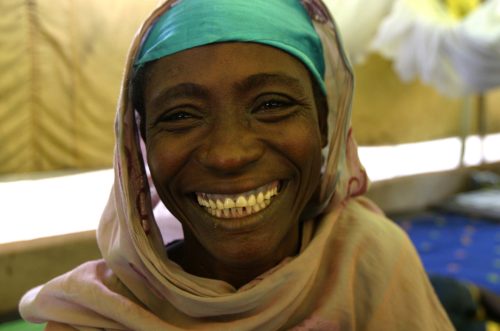Growing up in an Indo-Guyanese household, the spectrum of beauty relied heavily on one’s complexion. The darker your skin, the less attractive you were perceived to be. However, if you were fair, you were instantly deemed more attractive, even if your features were considered sub-par.
Like most spectrums, being on the right side allots privilege, such as being more desirable for marriage and finding employment with ease. This idea stems from the conditioning caused by the hyper-representation of light-skinned individuals. These folks predominantly occupy media outlets, thus working to stabilize the idea that darker skin is not beautiful.
Many countries are capitalizing on these insecurities by selling skin-lightening creams. One of the most prominent brands in India and Africa is called “Fair and Lovely.”
Their website brags, “[This cream gives] hope to millions of women around the world, especially in Asia, who desired fairer skin, for how it made them feel about themselves, and for how it made the world see them.” It is truly sad when “hope” can be found in a container. What is even sadder is that both many women and men see their darker skin as an emblem of hopelessness.
However, a new hashtag called “#unfairandlovely” is working to redefine these standards of beauty. This social campaign was started by three University of Texas students who want individuals to embrace their melanin. The campaign invites people of color to share their story by posting a photo on any social media outlet reclaiming their beauty.
This is a movement about awareness and acceptance. It raises consciousness of one-dimensional ideas of beauty. It highlights that darker skin might not be palatable to some, but is appealing to others. As the old cliché goes, beauty is in the eyes of the beholder.
One of the founders, Pax Jones, told BBC News, “Our goal was to combat colourism and the under-representation of people of colour in the media. We were trying to challenge the way colourism permeates our lives,” putting forth that the hashtag also aims to combat the pervasiveness of colorism.
Listen. #unfairandlovely day is coming May 4th. Dark skin POC, let’s chit chat about out experiences.
— Pax Jones (@misspaxjones) April 25, 2016
There is no doubt that dark-skinned prejudice exists, and these young women are taking the initiative to make a change. Although men do suffer from the same prejudice, ideals of beauty are projected more onto women. With the rise in the hashtag’s usage, women are becoming more comfortable in their own skin.
One of the essential aspects of this campaign is the dialogue that so desperately needed to be heard. The conversation of beauty and its myriad of definitions, as well as self-worth, is fortunately underway.



